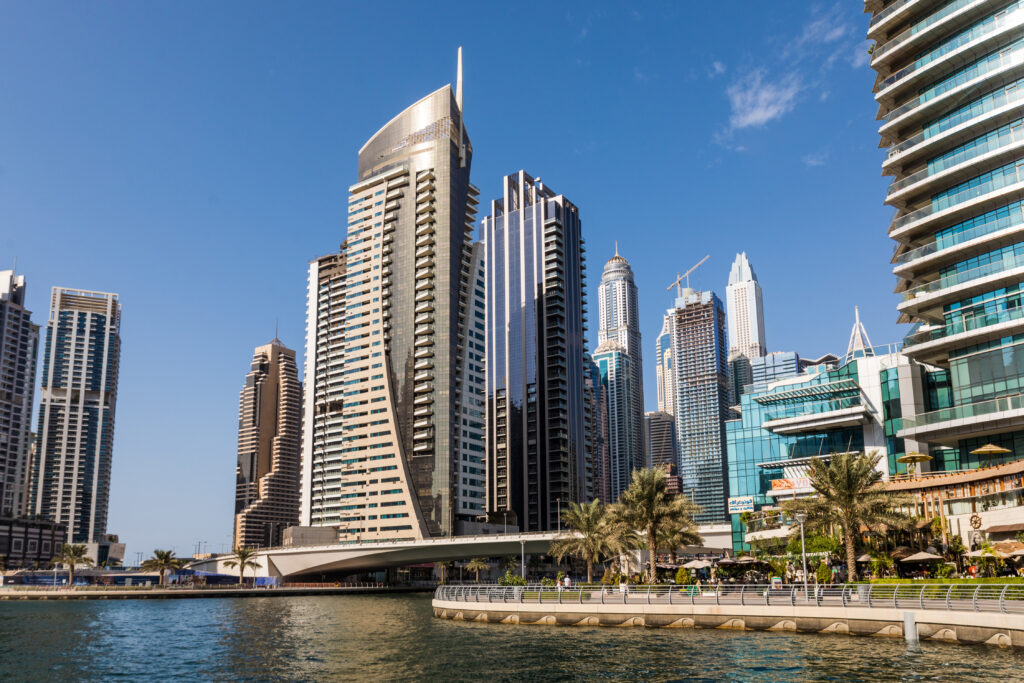
Dubai’s real estate market is a thriving investment hub, but understanding its regulatory landscape is essential for success. In this blog, we break down the key real estate laws and guidelines investors must know, from property ownership regulations to legal obligations and compliance standards. Stay informed and confident as you navigate Dubai’s real estate market with our comprehensive guide to real estate regulations.
Investing in Dubai’s real estate market requires a thorough understanding of its legal and regulatory landscape. While the emirate offers numerous advantages, including tax-free investments and a robust property market, being aware of regulations is crucial for making informed decisions. This blog will guide you through key legal considerations for real estate investors in Dubai.
Key Legal Aspects for Dubai Real Estate Investors
1. Property Ownership Regulations
Dubai offers different ownership options depending on the type of investor and location of the property:
- Freehold Properties: Foreign investors can own freehold properties in designated areas. This gives them full ownership of the property and the land it’s built on.
- Leasehold Properties: Leasehold ownership is typically available for up to 99 years. It allows investors to lease the property but not own the land.
Understanding the difference between freehold and leasehold ownership can help investors choose the right property type based on their long-term goals.
2. Residency Visa Options for Investors
Dubai offers various residency visa options for property investors, such as:
- 2-Year Investor Visa: Available for investors who purchase property worth at least AED 1 million.
- 5-Year Long-Term Visa: Granted to investors with properties valued at AED 5 million or more.
- 10-Year Golden Visa: For individuals who invest a minimum of AED 10 million in real estate or business.
Each visa comes with specific requirements and benefits, making it important for investors to understand which visa option aligns with their investment plans.
3. Regulations for Off-Plan Properties
When purchasing off-plan properties, investors should be aware of several regulations designed to protect their interests:
- Escrow Accounts: Developers are required to maintain escrow accounts for each off-plan project to ensure that funds are used solely for construction.
- RERA Registration: Off-plan projects must be registered with the Real Estate Regulatory Authority (RERA), ensuring transparency and accountability.
Before investing in off-plan properties, it’s crucial to verify the developer’s track record and the project’s RERA status.
4. Service Charges and Maintenance Fees
Property owners are responsible for paying service charges and maintenance fees, which cover the costs of building upkeep, security, and amenities. These charges vary depending on the property type and location. It’s advisable for investors to factor in these costs when calculating potential returns on investment.
Conclusion
Navigating Dubai’s real estate regulations can be complex, but having a clear understanding of property ownership rules, residency visa options, and legal requirements will ensure a smooth investment journey. At Exotic Heaven, we help investors make informed decisions by providing expert guidance on Dubai’s legal landscape. Contact us for more information on investing in Dubai’s real estate market.

